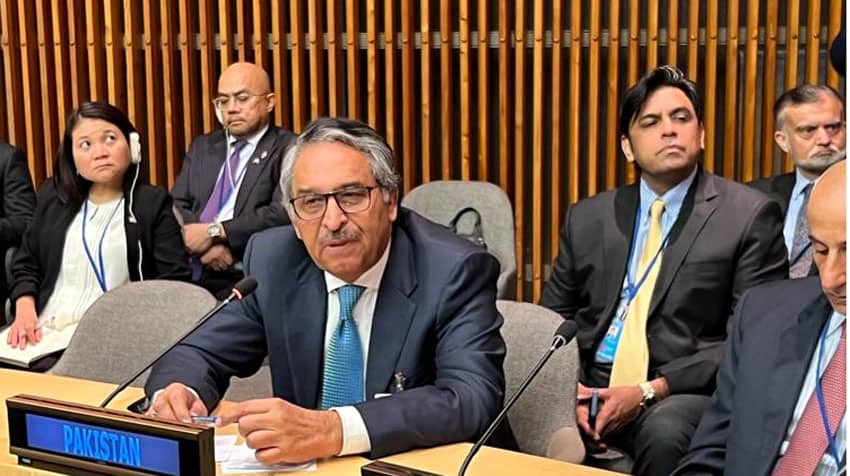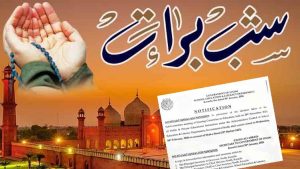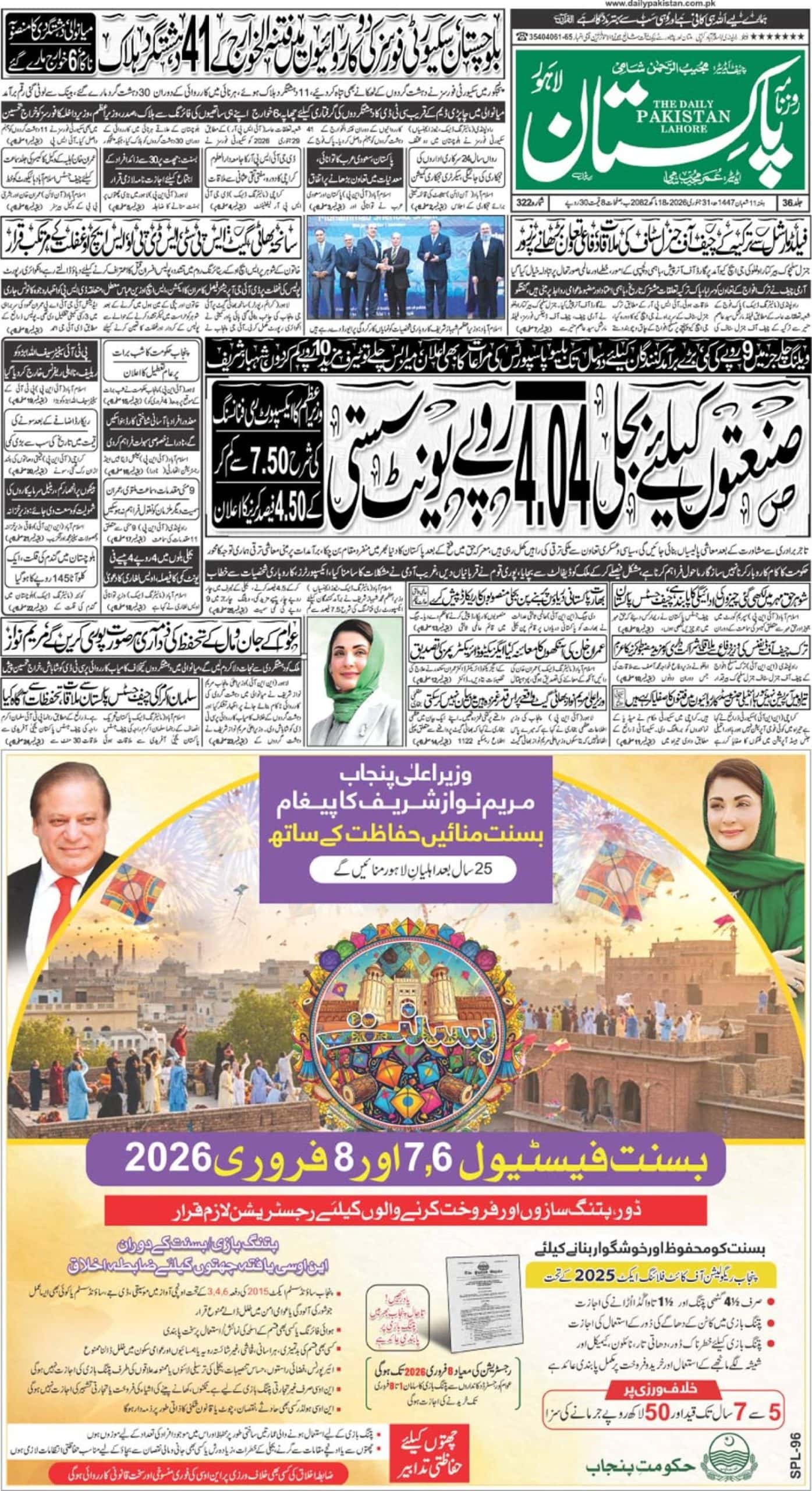ISLAMABAD – Pakistan on Monday categorically rejected the judgement announced by the Supreme Court of India on the status of Indian Illegally Occupied Jammu and Kashmir (IIOJK), terming it “another manifestation of the pliant judiciary under India’s ruling dispensation”.
Foreign Minister Jalil Abbas Jilani at a press conference held here at the Ministry of Jammu and Kashmir termed Jammu and Kashmir an ‘internationally-recognized dispute, which remains on the agenda of the UN Security Council for over seven decades.”.
Jilani said the final disposition of Jammu and Kashmir was to be made in accordance with the relevant United Nations Security Council Resolutions and as per aspirations of the Kashmiri people.
‘India has no right to make unilateral decisions on the status of this disputed territory against the will of the Kashmiri people and Pakistan,” he said.
The foreign minister said Pakistan does not acknowledge the supremacy of the Indian Constitution over Jammu and Kashmir.
“Any process, subservient to the Indian Constitution, carries no legal significance,” he said.
He said India cannot abdicate its international obligations on the pretext of domestic legislations and judicial verdicts.
India’s plans to annex IIOJK are bound to fail, he added.
“The judicial endorsement of India’s unilateral and illegal actions of 5 August 2019 is a travesty of justice, based on distorted historical and legal arguments,” he said.
FM Jilani said the Indian Supreme Court’s verdict failed to recognize the internationally-recognized disputed nature of the Jammu and Kashmir dispute.
“It further fails to cater to the aspirations of the Kashmiri people, who have already rejected India’s illegal and unilateral actions of 5 August 2019,” he said.
He emphasized that restoration of statehood, conduct of State Assembly elections or similar steps cannot serve as a substitute to the grant of the right to self-determination to the Kashmiri people.
“The judgement cannot distract the international community’s attention from the gross and systematic human rights violations being perpetrated in IIOJK,” he said.
He said India’s unilateral and illegal measures since 5 August 2019 had been aimed at changing the demographic structure and political landscape of the IIOJK, in flagrant violation of international law and the relevant UN Security Council Resolutions, especially Resolution 122 (1957).
“They remain a matter of grave concern for Pakistan as their ultimate goal is to convert the Kashmiris into a disempowered community in their own land,” he said.
On the other hand former prime minister of AJK Sardar Attique Ahmed Khan has said that the Indian supreme court’s decision on the status of Jammu and Kashmir state injuriously prejudices the United Nations Security Council’s (UNSC) clearly declared disputed status of Jammu and Kashmir state thru its historic Resolutions accepted and signed in UN by government of India as a party to the dispute.
“Pakistan is the other party in the dispute registered as international dispute by the UNSC on Jan 1, 1948 on the reference by India”, he said in a statement issued on Monday.
Sardar Attique further said that the Indian supreme court’s decision militates against the UN Security Council’s well considered historic declaration of disputed position of J&K. Indian supreme court has no jurisdiction over UNSC and cannot pass any opinion on a this dispute under action in the UN, he elaborated.
Indian supreme court on Monday declared the Indian illegally occupied jammu and Kashmir (IIOJK) as part of Indian country to the great agitational discontentment of the people of Jammu and Kashmir whom the UNSC had pledged an open international plebiscite in the state to determine their political destiny.
Kashmiris cannot accept any argument, opinion, decision by any partisan institution other than the UNO that goes against the declared position of UNSC on Kashmir; Kashmiris on this occasion reiterate their resolve to continue their rightful struggle for the acquisition of self-determination right under all circumstances, Sardar Attique Khan added.













